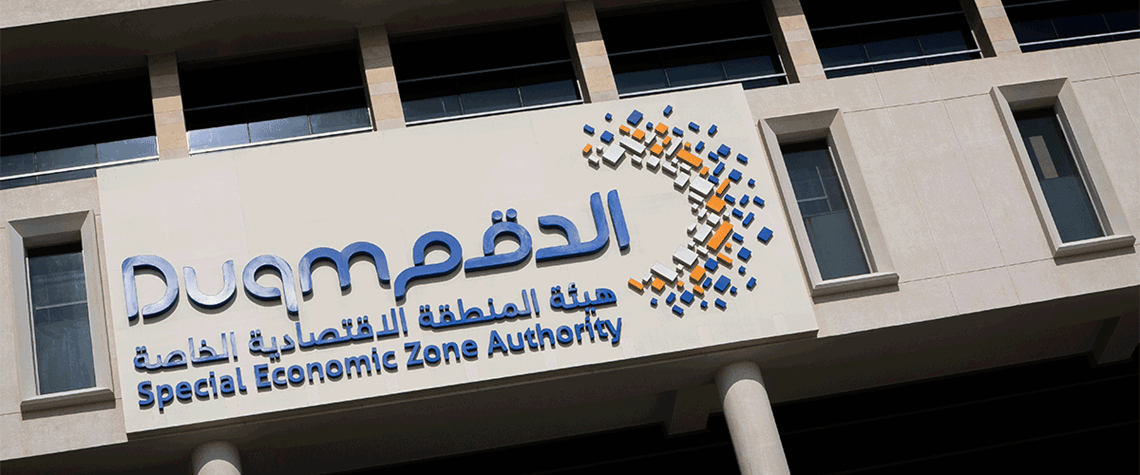Oman can be top Middle East hydrogen exporter, IEA says
Meeting 2030 production target requires $33bn of investment and a massive buildout of renewables, the IEA says in gushing report on the Gulf state’s hydrogen potential
Oman is on track to become the Middle East’s leading hydrogen exporter—and the sixth-largest exporter in the world—by 2030, as its high-quality renewable energy resources and vast tracts of available mean it has the potential for large-volume production, the IEA says. The country aims to produce at least 1mn t/yr of renewable hydrogen by 2030, a target that the IEA estimates would require cumulative investment of about $33bn. Electrolysis on this scale would need around 50TWh of electricity—greater than can be supplied by Oman’s entire electricity system. Further production targets include up to 3.75mn t/yr by 2040 and up to 8.5mn t/yr by 2050, which would be greater than Europe’s current to

Also in this section
18 February 2026
Norwegian energy company has dropped a major hydrogen project and paused its CCS expansion plans as demand fails to materialise
4 February 2026
Europe’s largest electrolyser manufacturers are losing patience with policymakers as sluggish growth in the green hydrogen sector undermines their decision to expand production capacity
2 February 2026
As a fertiliser feedstock, it is indispensable, but ammonia’s potential as a carbon-free energy carrier is also making it central to global decarbonisation strategies
28 January 2026
The development of hydrogen’s distribution system must speed up if the industry is to stand any chance of grabbing a meaningful slice of the low-carbon energy market







